What Is a Patient Care Technician? This is a healthcare role that connects the gap between nurses and patients. Patient Care Technicians (PCTs) offer direct care, comfort, and care to patients. They check vital signs, aid in daily routines, and assist medical staff in providing effective care.
If you desire a job that mixes healthcare ability with personal interaction, knowing what a patient care technician does is key. This manual will discuss duties, abilities, compensation, obstacles, and how to begin a career as a PCT.
Definition and Core Purpose of a Patient Care Technician
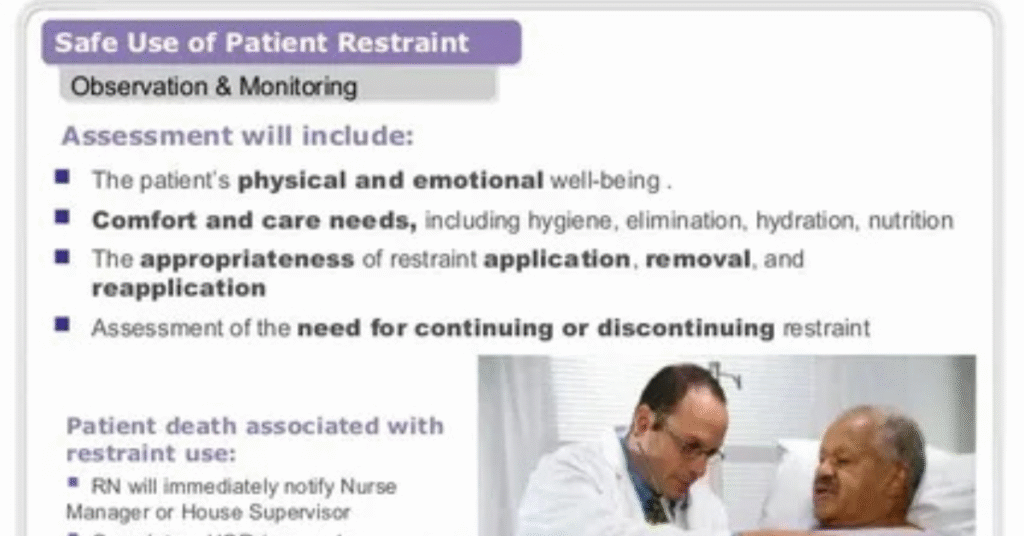
A Patient Care Technician is a trained healthcare professional who helps patients with daily activities and medical needs. They work under the supervision of nurses and doctors. PCTs ensure that patients are comfortable and safe while monitoring their health. They also perform basic medical tasks like taking vital signs, drawing blood, and assisting with medical procedures.
The core purpose of a PCT is to improve patient care quality. They act as the eyes and ears of nurses, noticing small changes in a patient’s condition. Their work allows nurses and doctors to focus on more complex medical tasks. Without PCTs, hospitals and clinics would struggle to provide personalized patient care.
Key Responsibilities of a Patient Care Technician
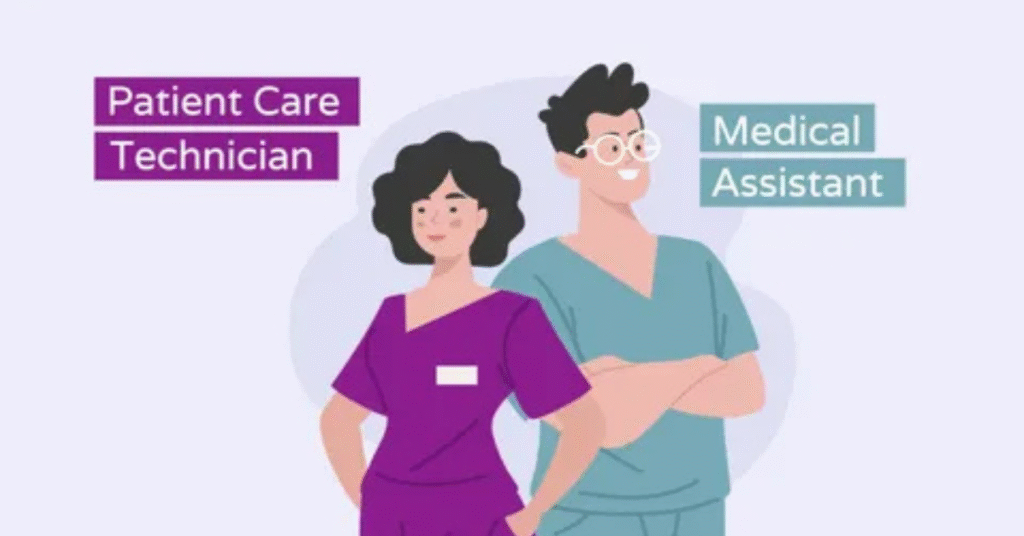
Patient Care Technicians have a wide range of responsibilities. They help patients with bathing, dressing, feeding, and moving around. They monitor vital signs, including temperature, blood pressure, heart rate, and oxygen levels. PCTs also assist in collecting blood samples and performing basic lab tests.
In addition to physical care, PCTs provide emotional support. They talk to patients, ease their worries, and ensure a calm environment. They also update patient charts, report changes to nurses, and help with administrative tasks. Their role is both practical and compassionate, combining clinical work with personal attention.
YOU WILL LIKE: https://doctorambulance.com/what-is-an-em-dash-complete-guide-for-writers/
Essential Skills and Qualities Required

To become a PCT, certain skills are essential. Clinical skills like taking vital signs, performing ECGs, and phlebotomy are crucial. Soft skills like communication, empathy, patience, and problem-solving are equally important. Physical stamina is necessary because PCTs spend long hours on their feet and often assist patients with mobility.
Attention to detail is another key quality. Small changes in a patient’s health can be life-changing. PCTs must be observant and proactive. They need to work efficiently under pressure, manage multiple patients, and adapt to emergencies. Strong interpersonal skills help them build trust with patients and collaborate with medical staff.
Work Environment Comparison Table
| Work Setting | Primary Responsibilities | Workload |
| Hospital | Monitoring vital signs, assisting nurses | High-paced, variable shifts |
| Nursing Home | Daily living support, basic care | Steady, long-term patients |
| Outpatient Clinic | EKG, phlebotomy, sample collection | Moderate, structured schedule |
| Dialysis Center | Specialized patient care, monitoring | Medium, repetitive tasks |
Education, Training, and Certification Requirements

To start as a Patient Care Technician, a high school diploma or GED is required. Most PCTs first become Certified Nursing Assistants (CNAs). CNA certification provides foundational knowledge in patient care. After that, specialized PCT training programs teach skills like phlebotomy, EKG monitoring, and IV therapy.
Training programs vary from a few weeks to several months. Some employers offer on-the-job training. Certification may be optional in some states but adds value. Continuing education is important to stay updated with healthcare advancements. States may have different licensing requirements for PCTs.
Work Settings and Career Opportunities

Patient Care Technicians work in diverse healthcare settings. Hospitals are the most common workplaces, especially in medical-surgical units. Nursing homes and assisted living facilities also employ PCTs for daily patient care. Dialysis centers and outpatient clinics offer specialized roles.
Responsibilities can differ by setting. In hospitals, PCTs often monitor critically ill patients. In nursing homes, they focus more on long-term care and daily support. Career growth is possible by gaining experience or earning certifications in phlebotomy, EKG, or advanced clinical procedures. PCT experience can also lead to nursing or other healthcare careers.
Salary, Benefits, and Job Outlook

Salary for Patient Care Technicians depends on location, experience, and workplace. The U.S. average salary ranges between $30,000 and $45,000 per year. Hospitals typically offer higher pay than nursing homes. Benefits often include health insurance, paid leave, and retirement plans.
The job outlook is positive. The Bureau of Labor Statistics predicts growth of 8% for healthcare support roles from 2022 to 2032. The demand for PCTs is increasing due to aging populations and more healthcare facilities. Compared to similar roles like CNAs, PCTs often earn more because of additional clinical skills.
Salary Comparison
| Role | Average Salary | Job Growth |
| CNA | $32,000 | 6% |
| PCT | $38,000 | 8% |
| LPN | $50,000 | 7% |
| RN | $77,000 | 9% |
Challenges and Demands of the Role
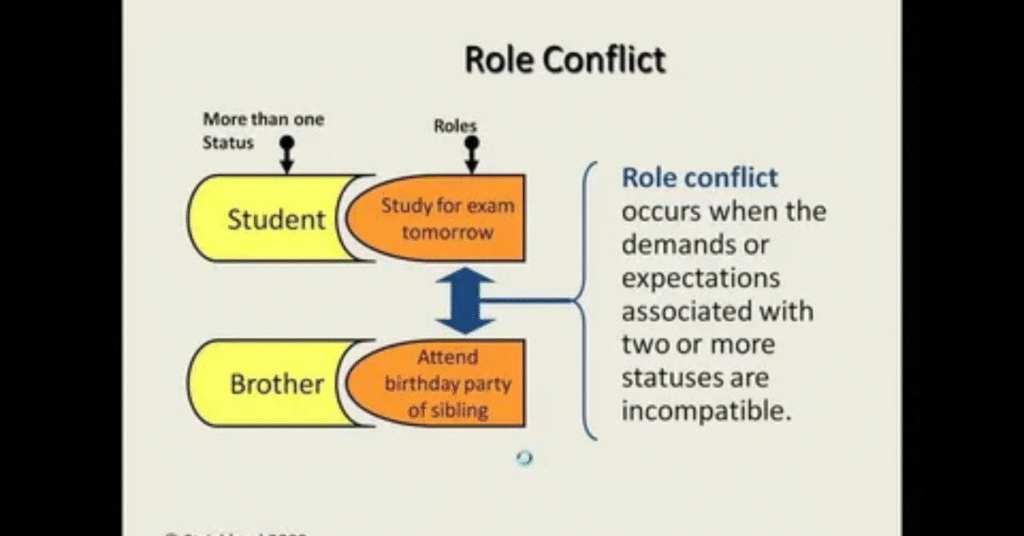
Being a Patient Care Technician is rewarding but challenging. The job is physically demanding. PCTs lift patients, stand for long hours, and work in fast-paced environments. Emotional challenges are also common. Patients may be in pain, anxious, or terminally ill, which can be stressful for staff.
Multi-tasking is essential, as PCTs often care for multiple patients simultaneously. Shift work, including nights and weekends, can disrupt personal life. Coping strategies like mindfulness, proper training, and peer support are crucial. Despite challenges, many PCTs find the role fulfilling due to its direct impact on patient lives.
Advantages of Being a Patient Care Technician
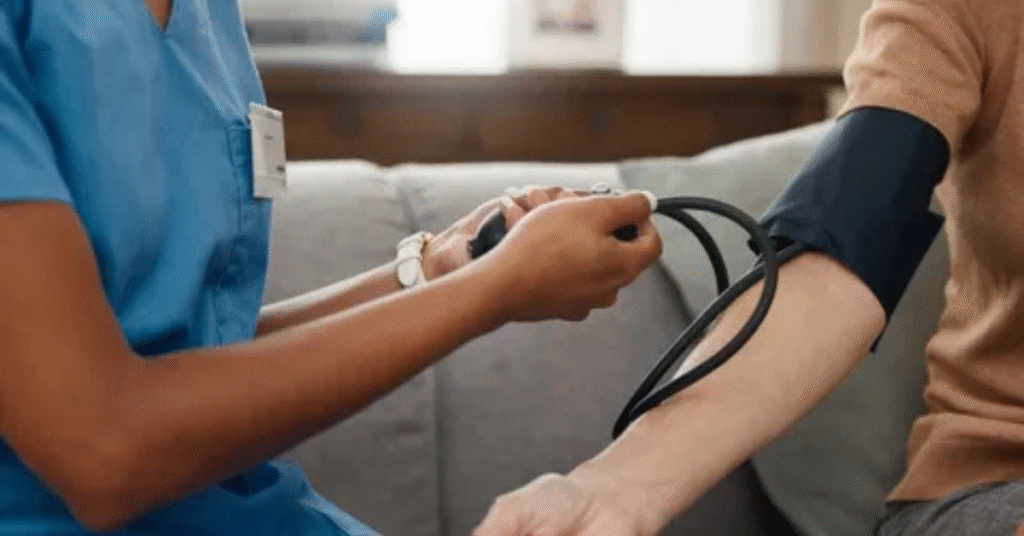
There are many advantages to becoming a PCT. Job stability is one of them, as demand for healthcare support staff remains high. PCTs experience direct patient interaction and make a meaningful impact on lives daily. The role also provides a strong foundation for advancing into nursing or other medical careers.
Another advantage is skill development. PCTs gain experience in vital signs, phlebotomy, EKG, and patient care procedures. They also develop soft skills like empathy, communication, and problem-solving. Many PCTs report a sense of purpose and satisfaction from helping patients and families.
How to Start a Career as a Patient Care Technician

Starting a PCT career begins with education. First, obtain a high school diploma or GED. Next, become a CNA to gain foundational healthcare experience. Enroll in a PCT training program, which usually includes both classroom instruction and hands-on practice.
After training, certification may be required depending on the state. Job hunting involves building a strong resume, highlighting clinical skills, and seeking reputable healthcare facilities. Networking, attending career fairs, and joining professional associations can also help. Gaining experience as a PCT can open doors to specialized healthcare roles.
CHEAK: https://doctorambulance.com/what-is-oasis-in-home-health-care-complete-guide/
Key PCT Skills and Responsibilities
| Skill/Responsibility | Importance | Example |
| Vital Signs | High | Blood pressure, temperature, pulse |
| Phlebotomy | Medium | Drawing blood for lab tests |
| EKG | Medium | Monitoring heart activity |
| Patient Assistance | High | Bathing, feeding, mobility support |
| Emotional Support | High | Comforting anxious or ill patients |
| Administrative Tasks | Medium | Updating charts, reporting changes |
Work Environment Comparison

Patient Care Technicians work in a variety of healthcare settings, each with unique responsibilities. Hospitals are fast-paced, with PCTs monitoring vital signs, assisting nurses, and responding to emergencies. Nursing homes focus more on long-term patient support, helping residents with daily activities and personal care. Outpatient clinics involve tasks like EKGs, phlebotomy, and assisting with minor procedures. Dialysis centers require specialized care and monitoring during treatments.
The work environment affects workload, stress levels, and interaction with patients. Hospital PCTs may face unpredictable shifts and high-pressure situations, while nursing home PCTs often have steady routines. Understanding these differences helps you choose the best setting for your skills and career goals.
Case Study Example
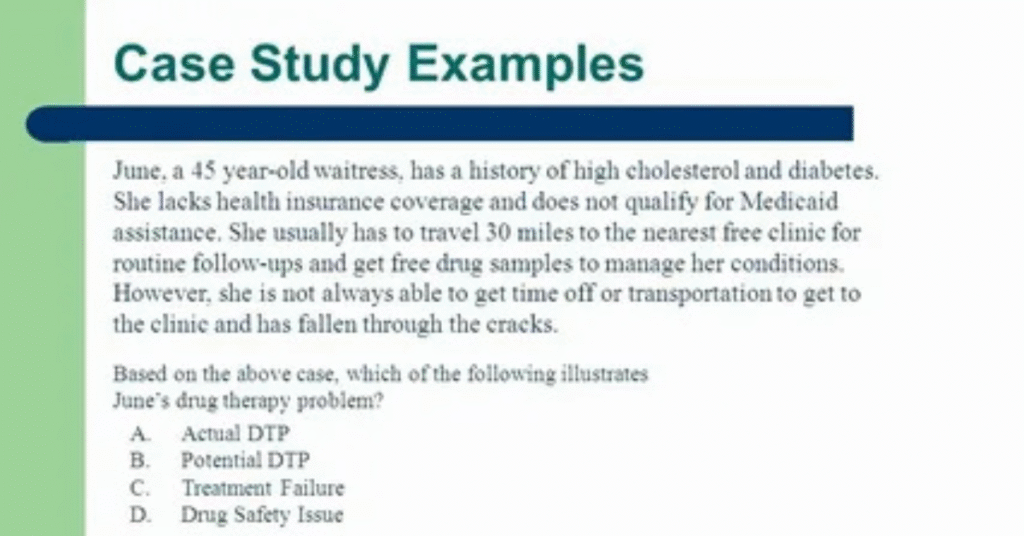
Maria, a PCT in a hospital, manages 12 patients daily. She monitors vital signs, assists with feeding, and updates charts for nurses.
One day, she noticed a patient’s oxygen levels dropping. Her quick action alerted the nurse, preventing a serious complication. Maria’s role illustrates how PCTs directly impact patient safety and care quality.
FAQ”s
How long does training take to become a PCT?
Training programs can last from 4 weeks to 6 months, depending on the curriculum and certifications.
Can a PCT work in specialized medical fields?
Yes, PCTs can work in dialysis centers, cardiac units, and outpatient clinics with proper training.
What is the difference between a PCT and a CNA?
CNAs provide basic care, while PCTs have additional clinical skills like phlebotomy and EKG monitoring.
What skills are most important for a PCT?
Vital signs, communication, empathy, attention to detail, and physical stamina are key skills.
What is the typical career progression for a PCT?
PCTs can advance to LPNs, RNs, or specialize in areas like dialysis or phlebotomy.
Conclusion
What Is a Patient Care Technician? A PCT is a vital healthcare professional who blends clinical skills with personal care. They support nurses, assist patients daily, monitor health, and provide emotional support.
The role offers job stability, skill development, and a stepping stone for advanced healthcare careers. Though demanding, the work is rewarding. Understanding what a patient care technician does can help you decide if this career is right for you. PCTs are essential in ensuring patients receive safe, compassionate, and quality care.